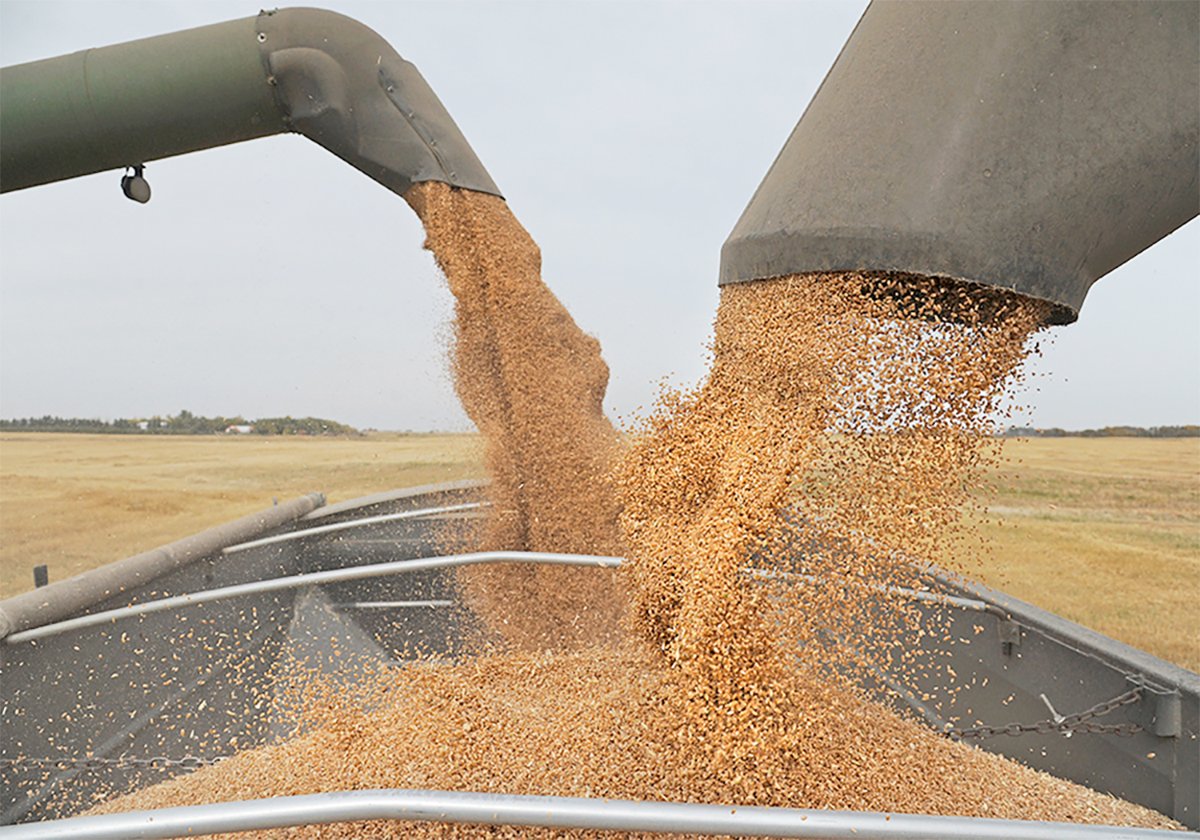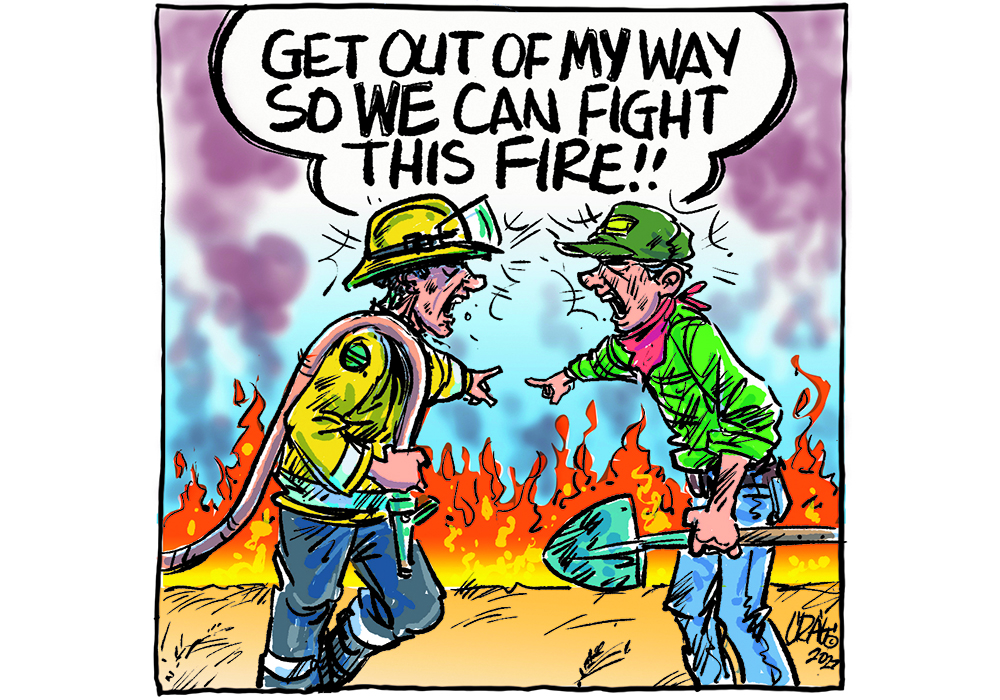Rural firefighters say local farmers and ranchers can be among their most valuable assets when tackling wildfires such as those now raging in Alberta and the other prairie provinces.
Rural residents know the fire areas intimately, including location of water sources and access roads.
But conflicts can flare in cases where people outside of the incident command structure attempt to work on their own.
Those kinks can usually be worked out under normal circumstances, but what’s been happening in central and northern Alberta this month is not normal.
Read Also

Agriculture productivity can be increased with little or no cost
There’s a way to enhance agricultural productivity with little or no cost. It doesn’t even require a bunch of legislative changes.
The sheer size of the fire area is unprecedented, and the ordinary chain-of-command hiccups have erupted into tension and resentment.
Farmers and cattle producers in the fire zones who are attempting to assist in the battle complain that emergency officials treat them more like liabilities than assets. Firefighters, on the other hand, tell stories about fire crews put at risk by local landowners who take matters into their own hands.
These problems are largely due to the scope of the crisis, but it is vitally important for emergency officials and local landowners to work safely together.
The work that farmers and ranchers do to fight these wildfires cannot be discounted. They’re banding together as a community to meet the crisis head on.
It’s a rural tradition to show up to wildfires with water tanks, discers and other equipment, especially if the volunteer fire department is small or even delayed.
However, some of the small-scale clashes that sometimes occur when firefighters and producers work the same fire are flaring into significant conflict this time around.
Producers say firefighters show up too long after fires have started, and then get in the way as they attempt to take control.
For their part, firefighters relate incidents like the one in which a private bulldozer operator unexpectedly entered a fire zone and nearly struck emergency personnel on the scene.
Firefighters say the problem stems from the incident command structure, in which emergency personnel are trained to wait for orders from incident command and then to do only what is instructed.
Non-firefighters, such as farmers and ranchers, don’t always understand this process and become what emergency personnel call freelancers. It can create dangerous situations.
What can be done?
It’s tempting to point fingers at funding cuts to Alberta’s elite firefighting unit, but it’s not clear that this is the main problem in this case.
It’s also tempting to call for increased communication and co-ordination and for heightened political leadership, even though an ongoing provincial election may complicate matters.
In other words, the first instinct is to demand that institutions do a better job of managing the crisis.
But in the end, it really comes down to everyone on the front lines of this crisis taking a deep breath and setting aside their anger and frustration.
Everyone fighting these fires has something of value to offer, and that must first be recognized at the individual level on the fire line.
Instead of chaos, organized or otherwise, firefighters and farmers have to empathize with each other, even under these most trying of circumstances.
Landowners must recognize the importance of incident command structure, but at the end of the day, emergency officials must not shove these local assets into a corner while their world burns.
Karen Briere, Bruce Dyck, Barb Glen and Mike Raine collaborate in the writing of Western Producer editorials.















